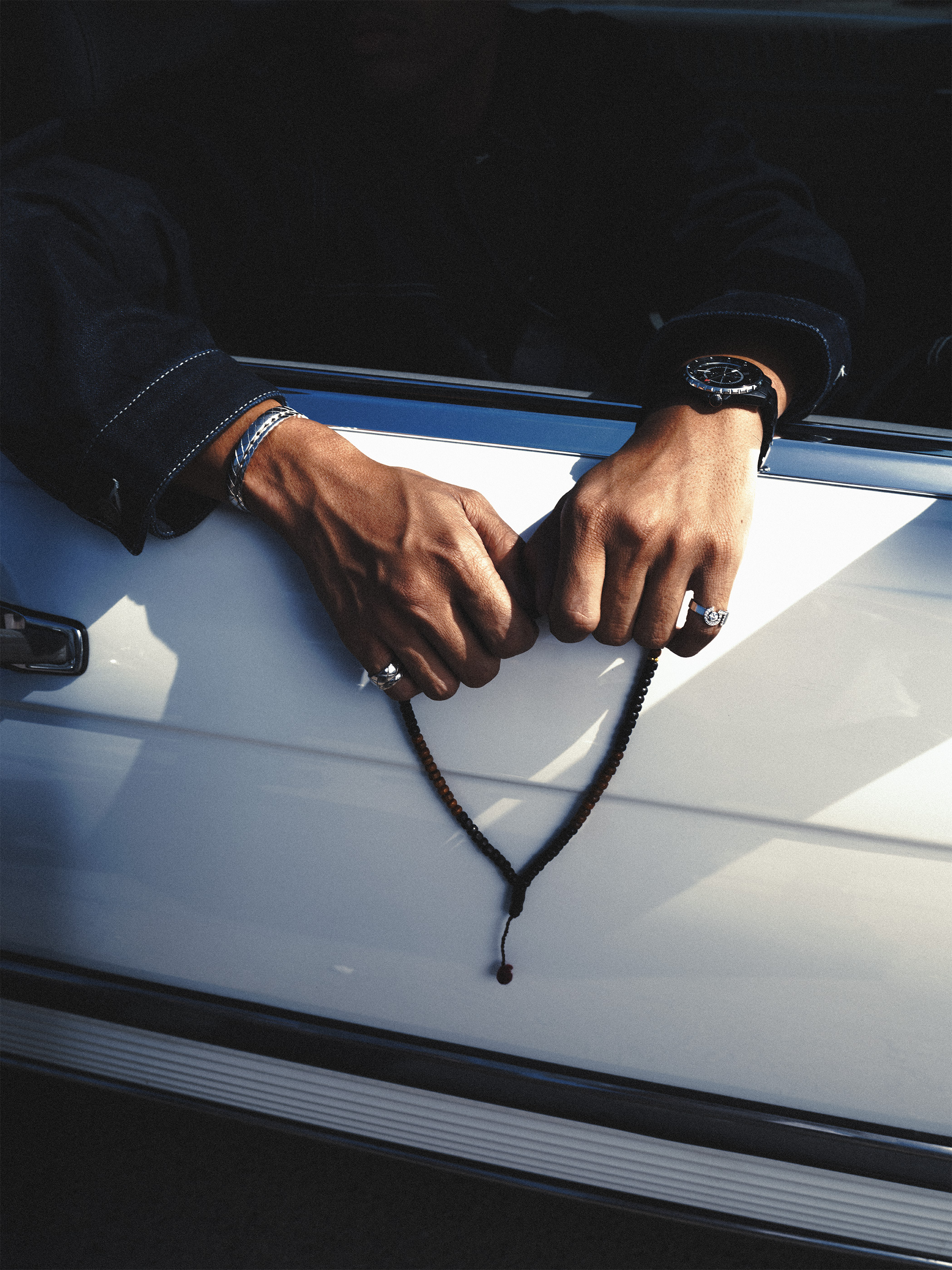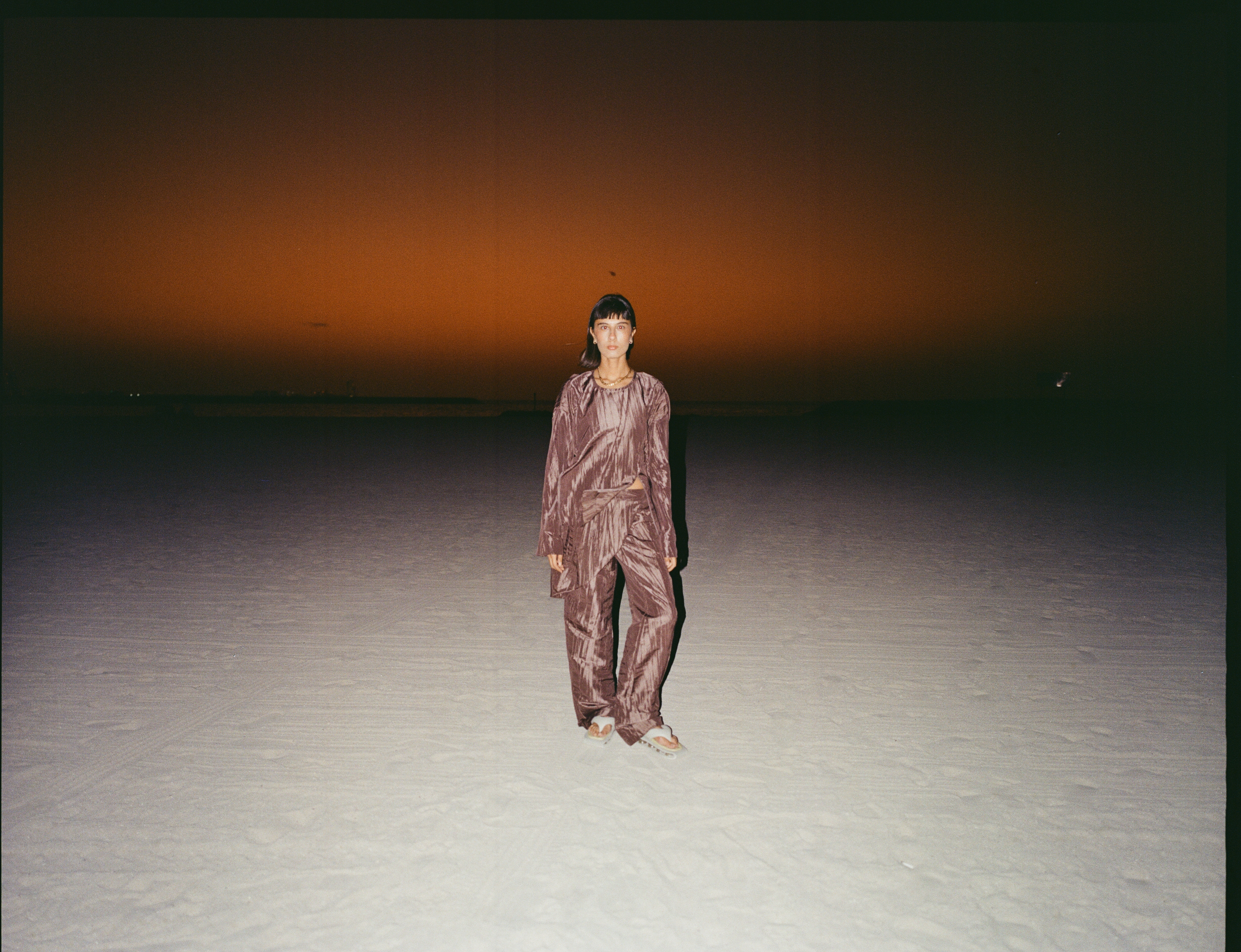
Who are you as a human being? Outside of the art you do, walk us through your daily habits and interests.
Outside of my art, I’m someone who observes a lot silently. I’m drawn to energies, people’s nuances, and fleeting moments. I try to live slowly even when everything around me moves fast. My days usually start quite late. I’ve always been more of a night thinker than a morning one. I usually go to the gym or run because it helps me ground myself mentally. I listen to a lot of music, from Raï to Reggae, and watch a TON of movies.
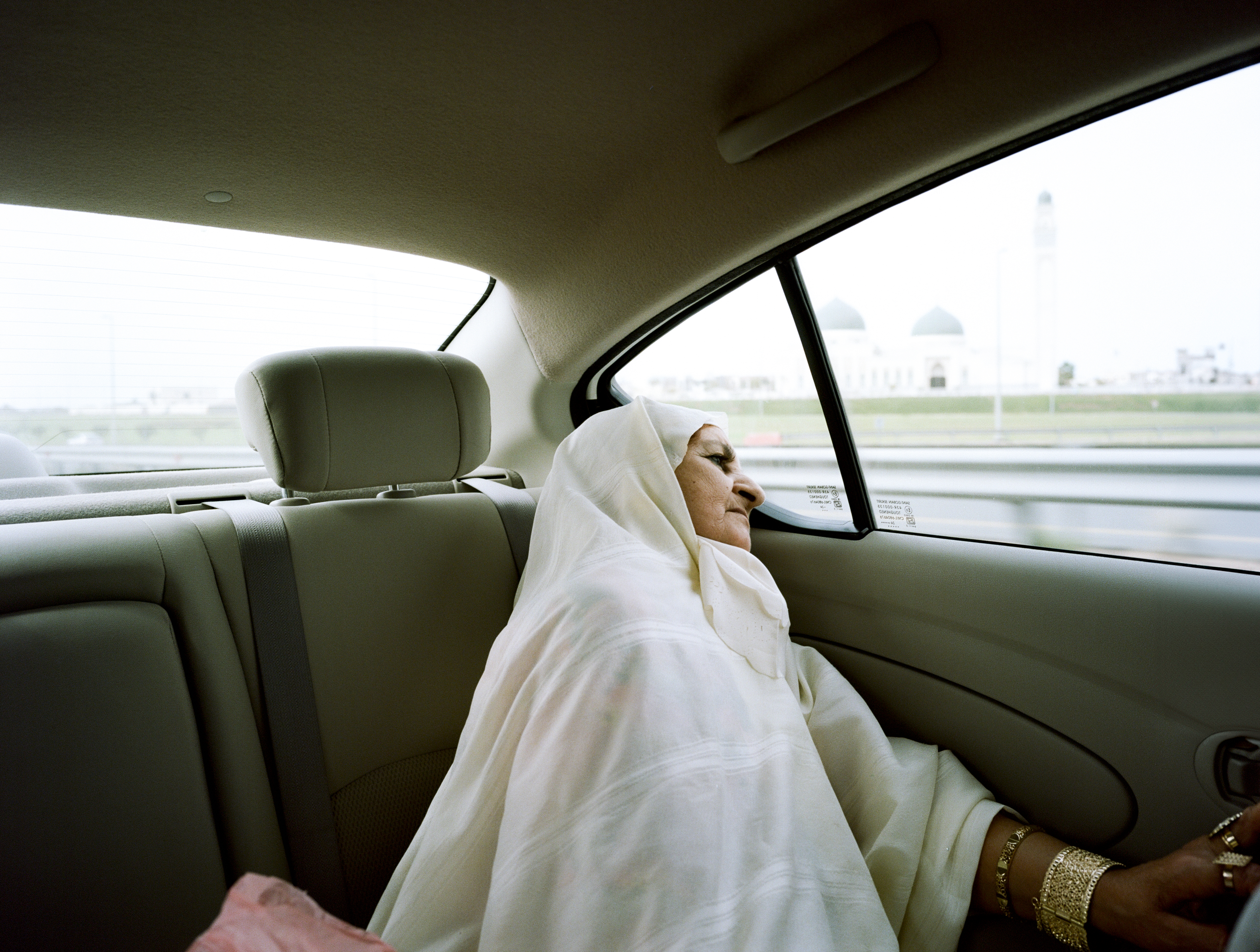
If you could reflect on your youth and childhood, what moments have been deeply ingrained in you that have now become or affected a part of your artistic practice?
A lot of it comes from silence, the unspoken thing. Growing up, I was sensitive to tension, to emotion without words. It stayed with me; there’s a beauty in silence.
Also, as a French-Algerian kid growing up in the suburbs, you end up in between cultures, in between worlds, constantly adapting your behavior to the room you’re in. That duality informs my work; it’s about showing what’s often unseen or misread, giving voice to the in-betweens. That space between rejection and adaptability… it’s a defense mechanism perhaps too.
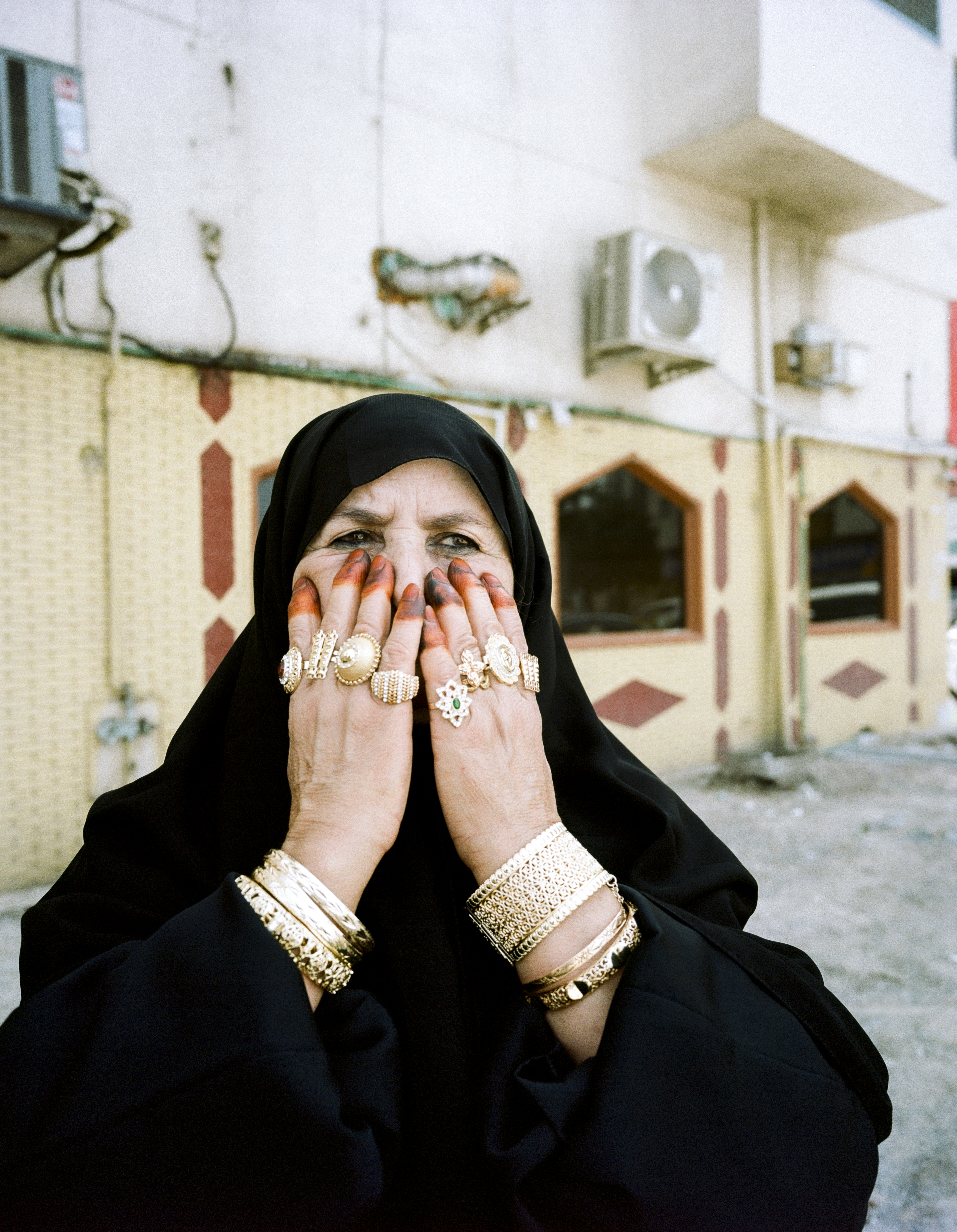
Do you feel like your art makes political statements? If this is so, have you always approached your work this way?
There are political elements in my work for sure; it’s infused with many battles.
It aims to humanize those who are usually overlooked or stereotyped. That’s political to me. I try to do that through my lens. I’ve always approached my art this way, very subconsciously.
I’m interested in reclaiming narratives, in offering tenderness where there’s usually harshness. There are a lot of untold stories that deserve a visual journey that many can relate to. These stories aren’t often told authentically.
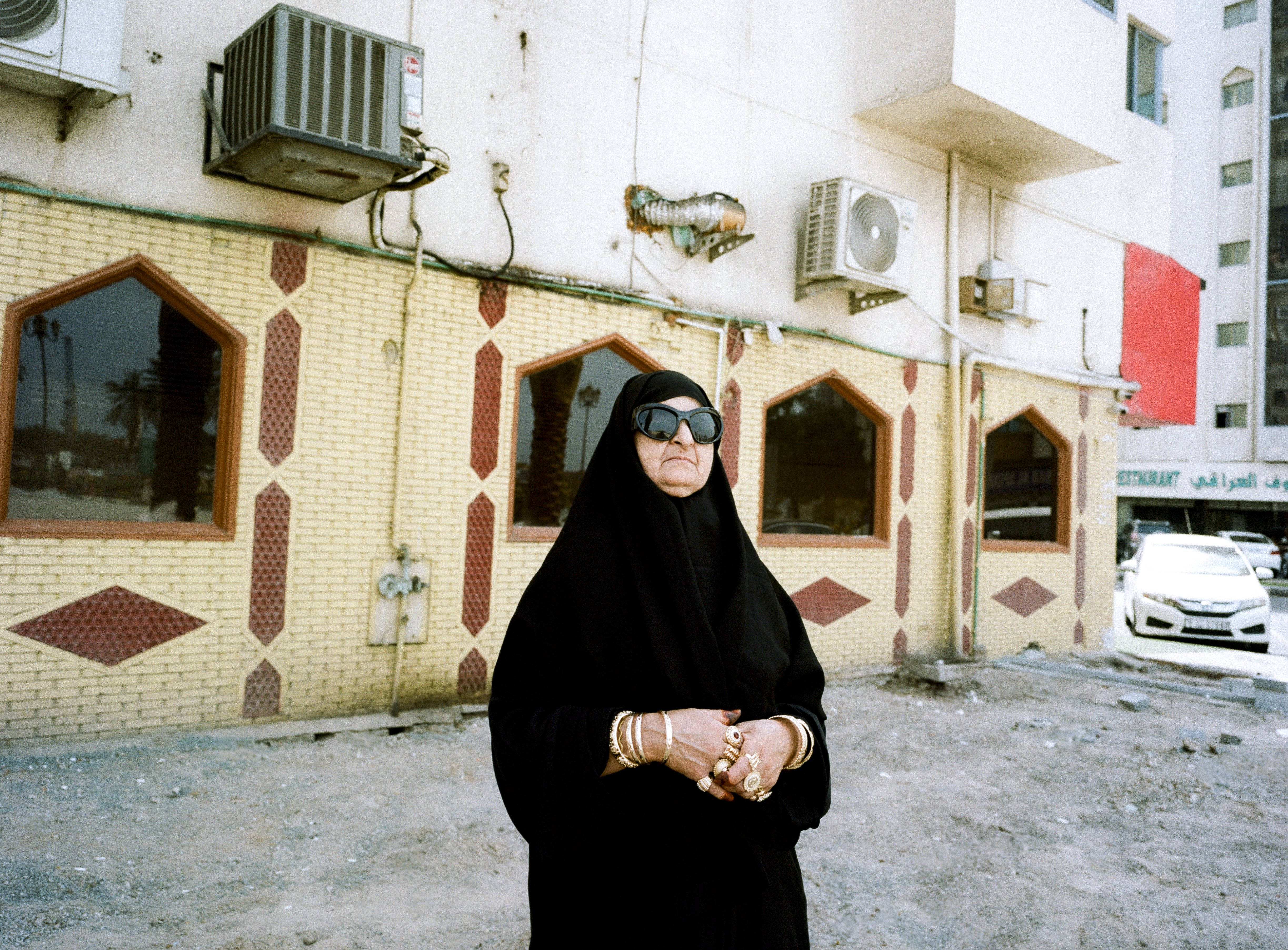
This issue’s theme is “Mother Earth.” How, if at all, does your work address our relationship to the Earth or to the living?
I’d say the way I capture the light is my take on it, the way I aim to capture the stories of all these souls, these humans, through the click of a camera. My approach to places, spaces and our roots is also very much part of that narrative. It’s what grounds all of us, our roots, our relationship to the ground we walk on. It’s this respect for our surroundings, for the environments we’re in, for our human nature, which often contrasts with nature itself. That’s my take.
